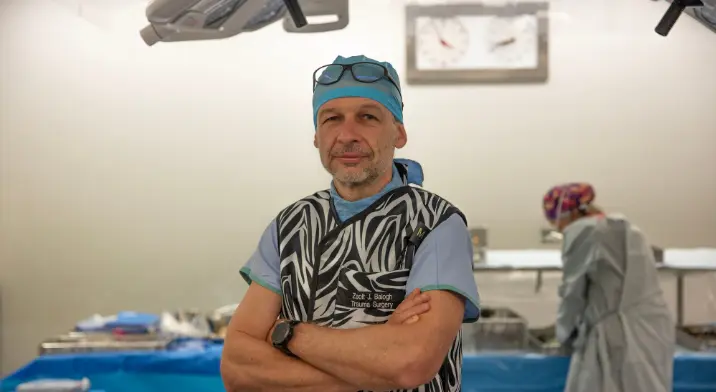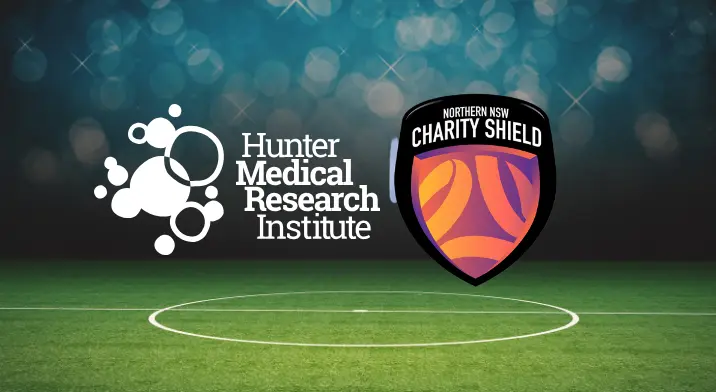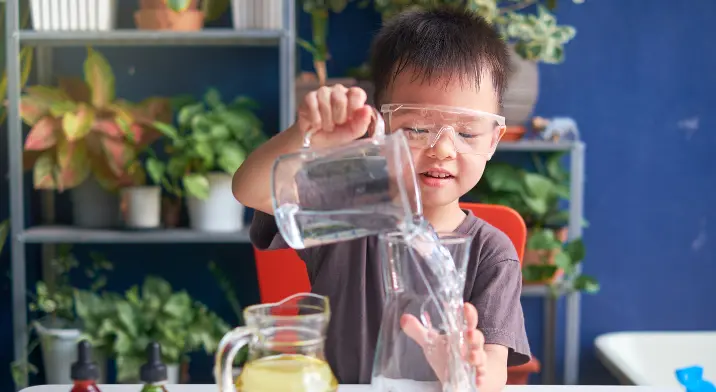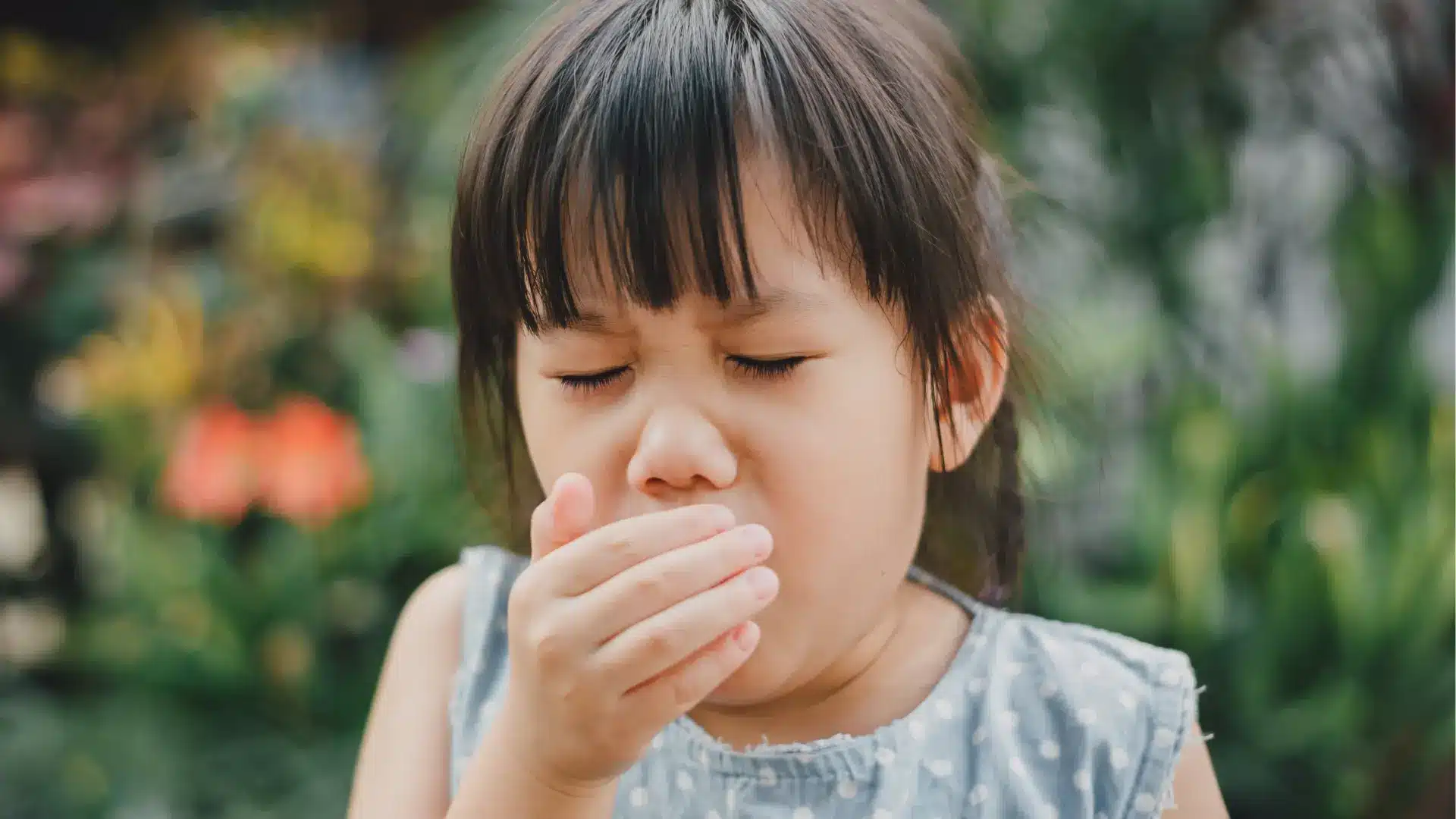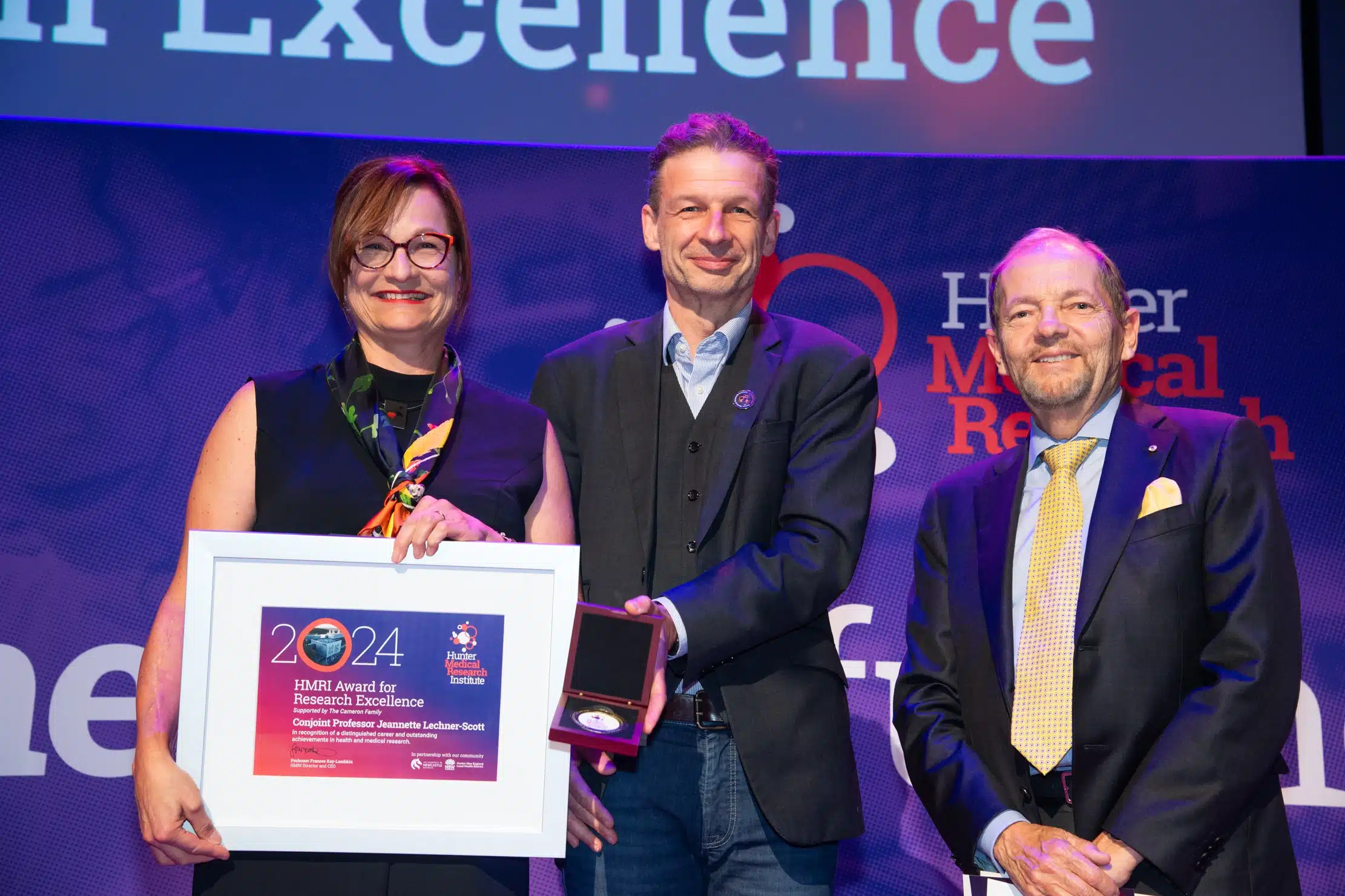Professor Lynne McCormack is an academic and clinical supervisor at the University of Newcastle, whose research of more than 100 peer-reviewed publications, chapters and scientific abstracts has guided her research and international collaborations at the interface of complex trauma and the emergence of positive psychology, particularly post-traumatic growth.
She has served on national advisory committees, including Consular and Crisis Management Division, Department of Foreign Affairs and Trade (DFAT), is a member and mentor of the Disaster Response Network, a national volunteer network of Australian psychologists with specialist training in supporting first responders affected by disasters and is an international delegate/trainer for the Red Cross. She has deployed to international and national crises including the summer of 2019/2020 bushfires in Australia, and to Vietnam, Aceh, East Timor, and Uganda.
Her projects are funded nationally and internationally. She has multiple Australian Government New Colombo Grants for student cultural immersions in the Pacific region, with a focus on man-made and natural disasters. For decades, she has been involved in the psychological well-being of veterans and families (now Open Arms), which has featured in Veteran and Military newsletters, television, and national media outlets.
Among her community work, Lynne is a mental health advisor for Hostage International, supports the carers of survivors of child sacrifice at Kyampisi in Uganda, is an advisor to Everymind’s suicide prevention projects, and a Board Member for Heal for Life. Harking back to her first career, Lynne enjoys theatre, music, and dance and values their power in trauma recovery.


